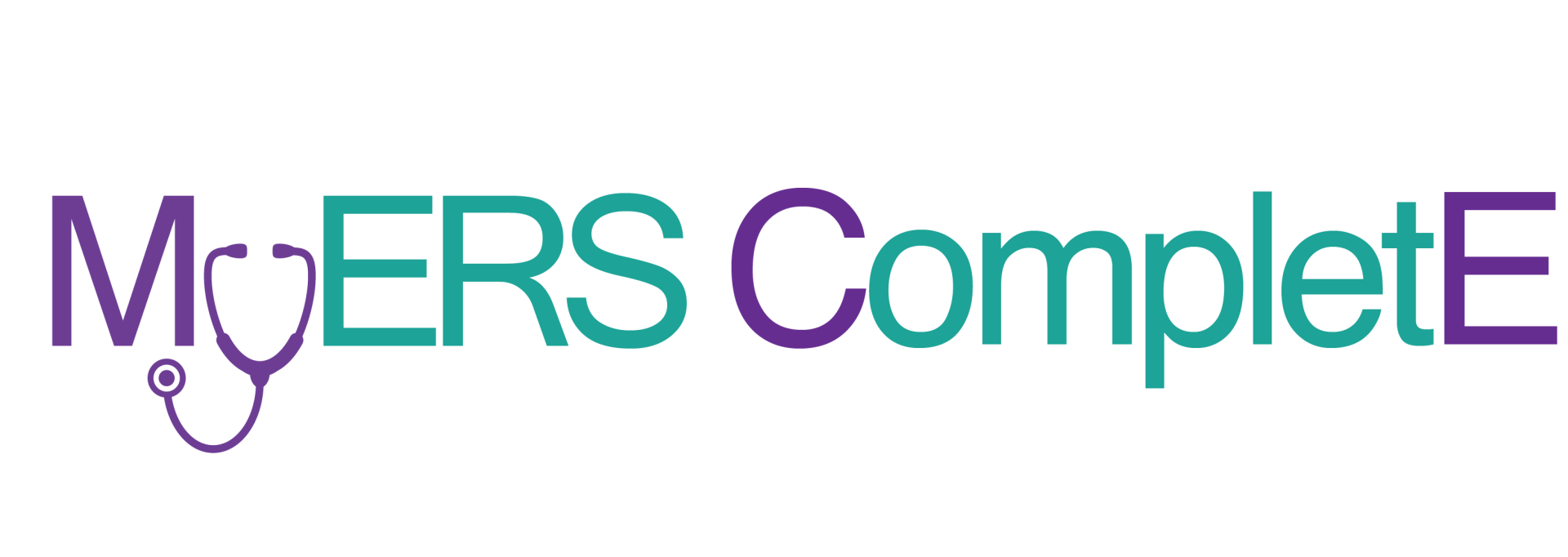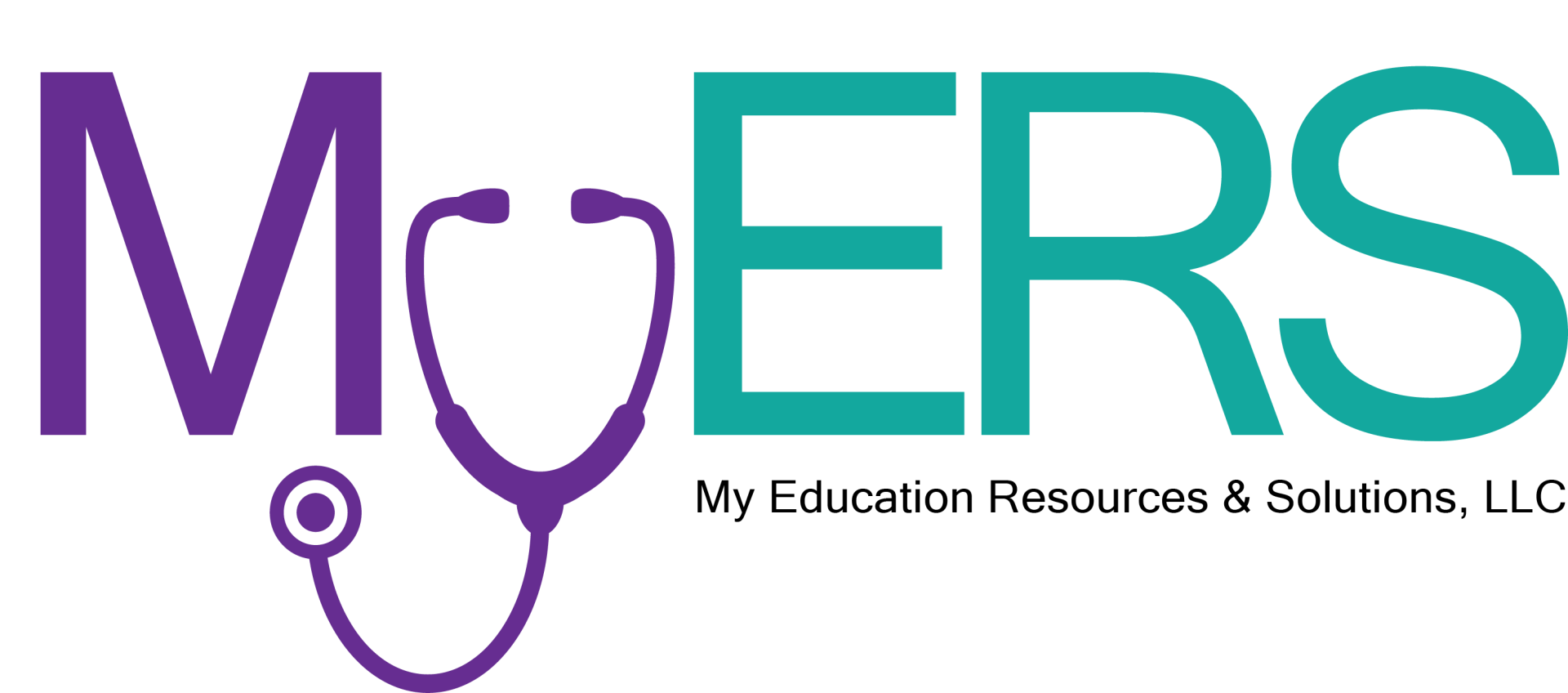Neonatal Hypoglycemia | Assessment, Management, and Long-term Outcomes
-
Included in: Growing Families
-
1.0 Contact Hour
Write your awesome label here.
Released April 2025
Growing Families | Caring for Childbearing Families and Neonates
Volume 29, Issue 4
Volume 29, Issue 4
-
eLearning Module
-
Competency Assessment
-
Certificate of Completion Awarded
-
Patient Education Resource
Course Description
This comprehensive learning activity examines neonatal hypoglycemia as a potentially serious metabolic condition affecting 5-15% of healthy term newborns and up to 50% of at-risk infants. It explores the pathophysiology of glucose homeostasis during the transition from fetal to neonatal life, detailing how newborns mobilize compensatory mechanisms to maintain euglycemia after birth. It provides evidence-based guidelines for identifying at-risk neonates through maternal and infant risk factors, and outlines clinical assessment strategies to recognize subtle and often non-specific symptoms of hypoglycemia. The material presents a tiered approach to management, from preventive strategies like early feeding and skin-to-skin contact to interventions for symptomatic or severe cases requiring IV glucose therapy. Additionally, it addresses interdisciplinary collaboration, sociocultural considerations, and long-term neurodevelopmental outcomes. Throughout, the instruction emphasizes the critical role of nursing vigilance in early detection and intervention while balancing technical care with family-centered principles.
Approved CE Provider
since 1995
Provider #50-4366
Turnkey CE Solutions
Our all-in-one platform provides educators with an intuitive end-to-end solution purposefully designed to maximize staff development.
Real-Time Analytics
Unlock data-driven insights with advanced analytics and reporting to identify your staff's knowledge gaps.
Learning on-the-go
Responsive eLearning modules that look great on any device - computer, tablet, or mobile.
Next-Generation LMS
Powered by LearnWorlds™, we packed our LMS with the tools needed for the future of nursing education.
Let's get started!

